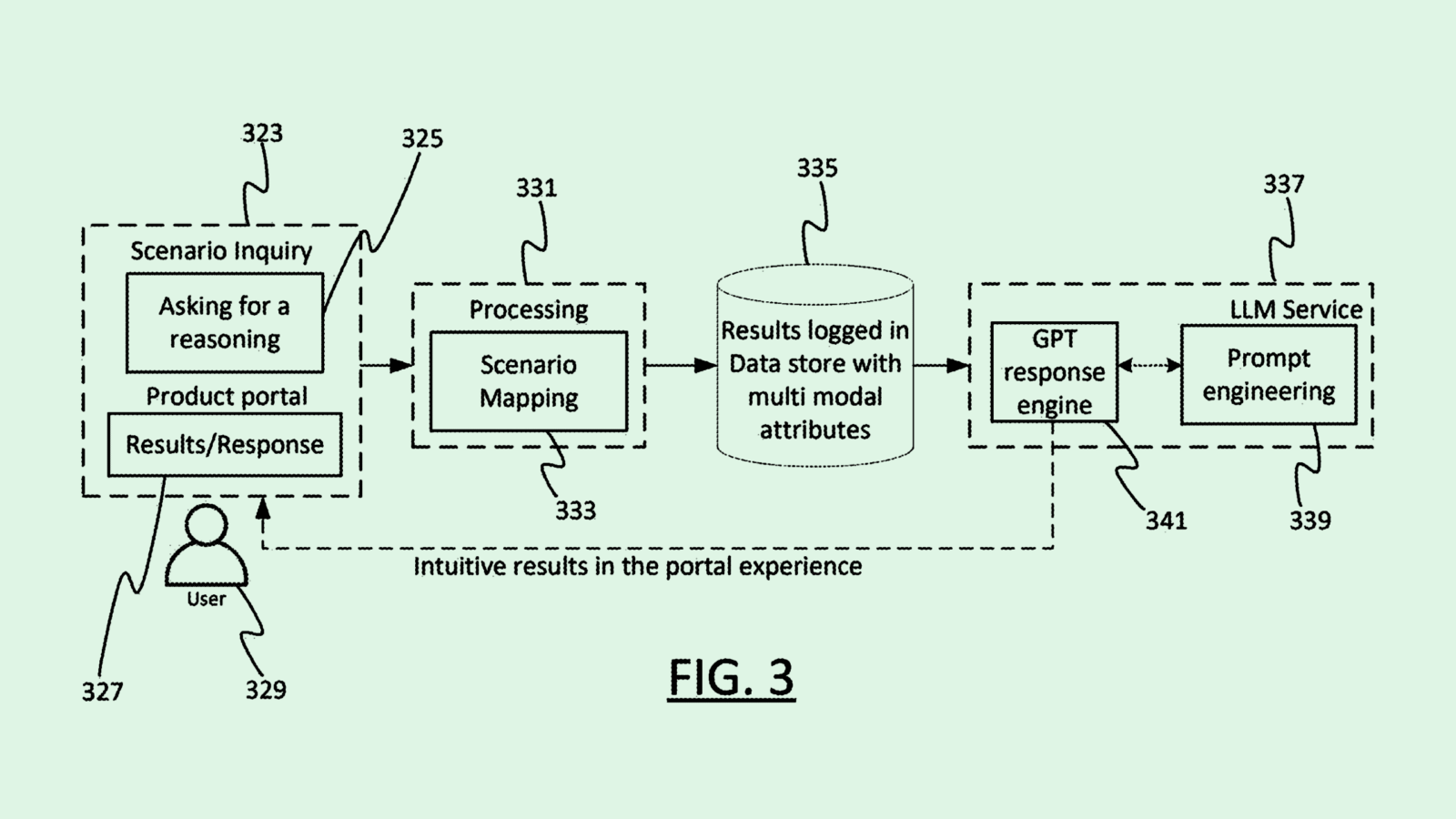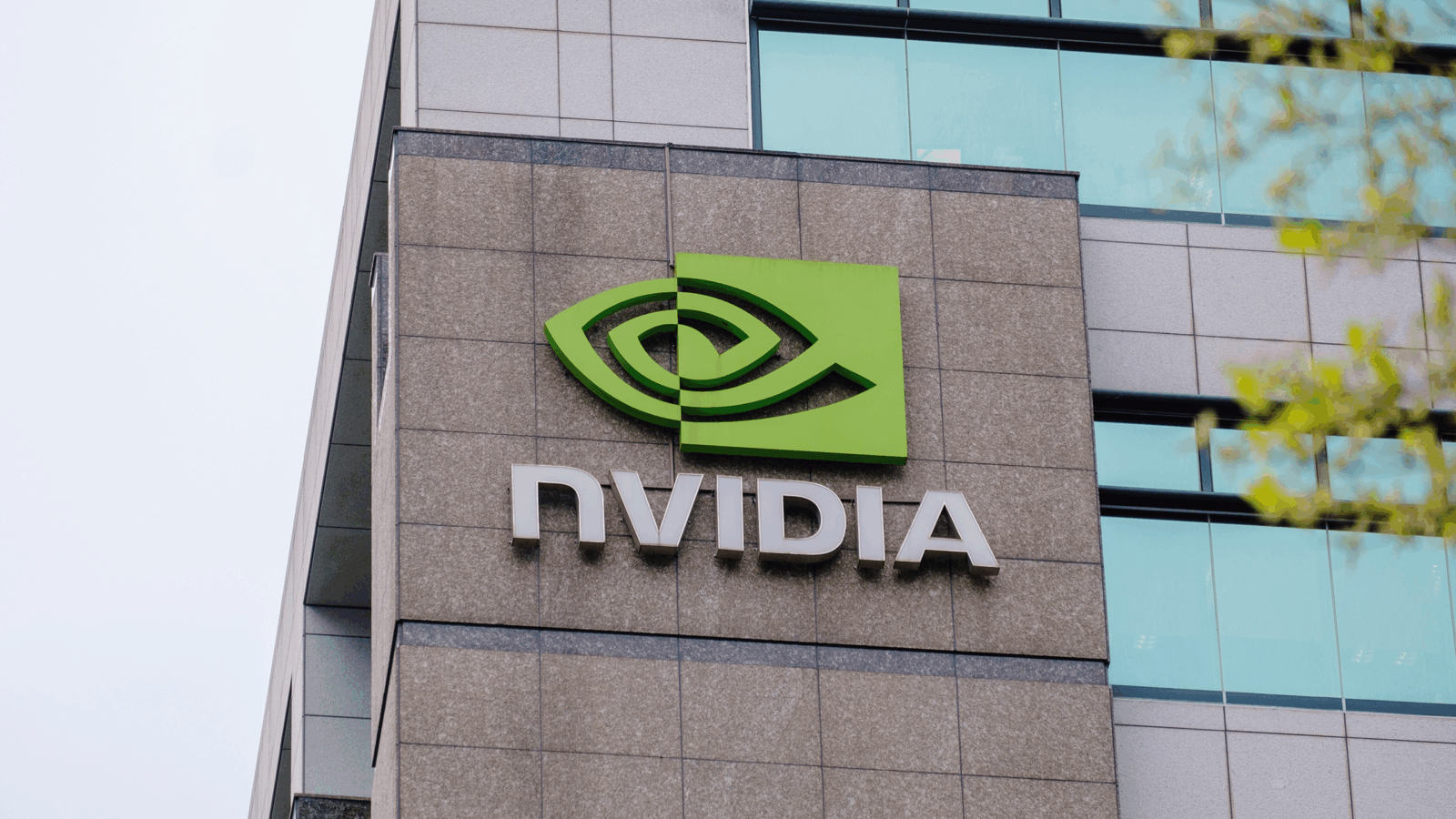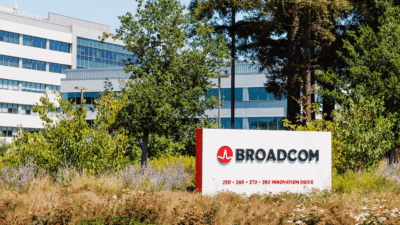Microsoft’s Gaming Dreams Enter Their Price-Hike Era
Microsoft’s gaming division Xbox announced it’s splitting its hugely popular subscription service Game Pass into two subscription tiers.

Sign up for smart news, insights, and analysis on the biggest financial stories of the day.
When Netflix wanted more subscribers, it brought in a cheaper subscription tier. Microsoft saw that and said, “Hey, what if we flipped the script?”
Microsoft’s gaming division Xbox announced it’s splitting its hugely popular subscription service Game Pass — which allows players access to a library of games for a monthly fee — into two subscription tiers. The biggest and most popular games are on the new, more expensive tier. It’s part of an overarching bid to turn gaming into more of a platform.
Growth Game
Microsoft recently announced it would put massive franchise titles, including “Call of Duty,” onto Game Pass the day they were released. The move involves some auto-cannibalism, as extant Game Pass subscribers would have no reason now to spend $70 on “Call of Duty” — so Microsoft was potentially leaving potentially billions of dollars in revenue on the table.
But it turns out Microsoft had a trick up its sleeve. New subscribers who want to play big games on release day will have to pay a 25% premium on their monthly membership. Rhys Elliott, a gaming analyst at MIDiA Research, said that for Microsoft it’s all about reacting to a saturation point:
- “Xbox has largely maximized its subscriber base on console, so it’s looking to maximize average revenue per paying user (ARPPU) and onboard new subscribers with the higher pricing precedent,” Elliott told The Daily Upside, adding, “Expect more price increases in the future.”
- Xbox is increasing prices for PC gamers as well as on its Xbox console, which Elliott says suggests it may have found its audience in that market is also saturated.
Every Game Everywhere All At Once: “At the end of the day, these changes reflect Xbox’s recent strategy: upselling fans to [Game Pass] Ultimate and increasing ARPPU ahead of the company’s huge off-platform mobile/cloud push,” Elliott said. “PC and console will remain important, but those markets are reaching saturation and Xbox needs growth (it’s a public company in the time of Big Tech efficiency and cuts),” he added.











